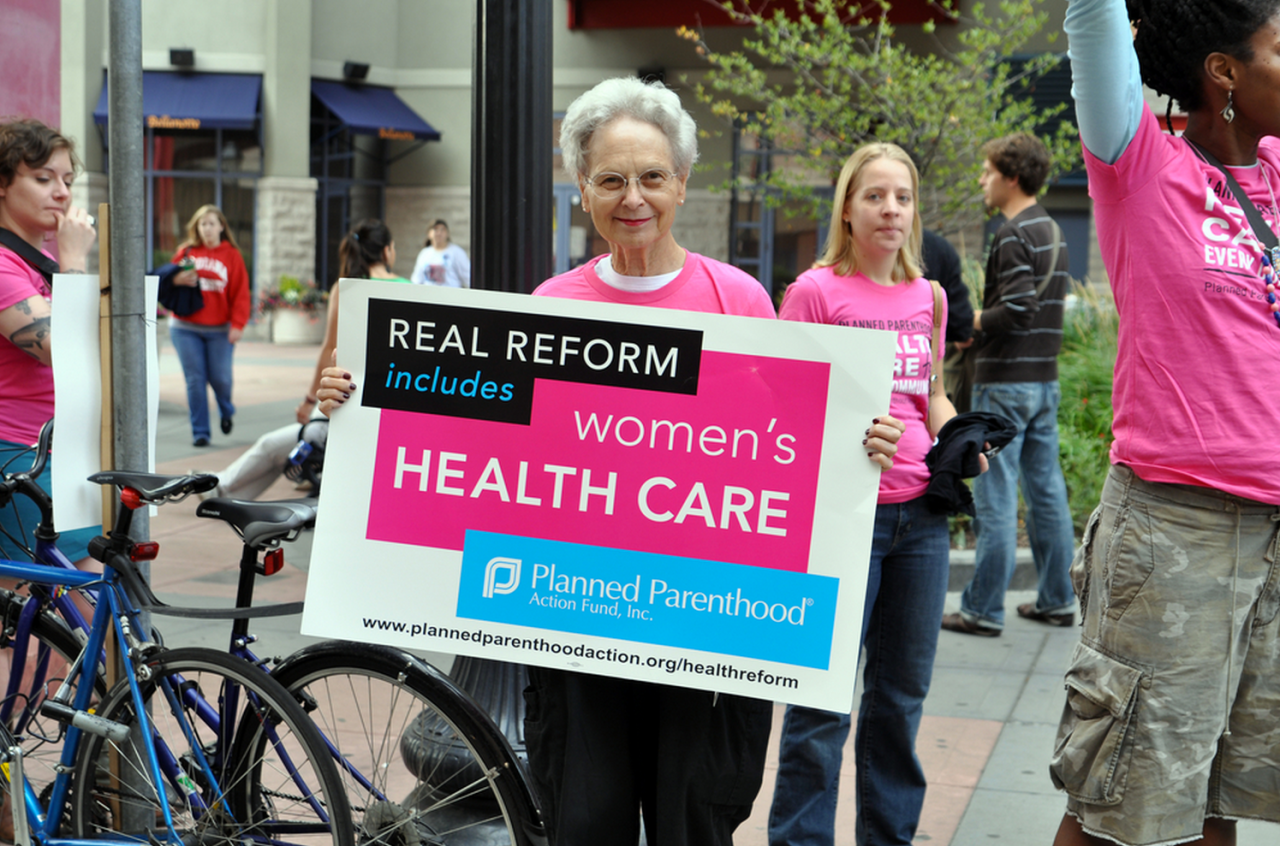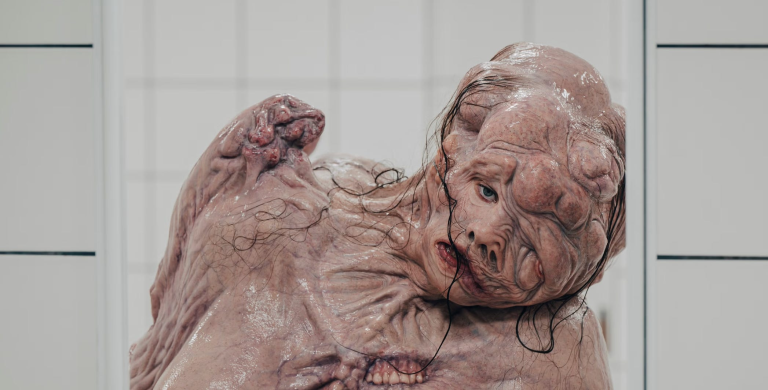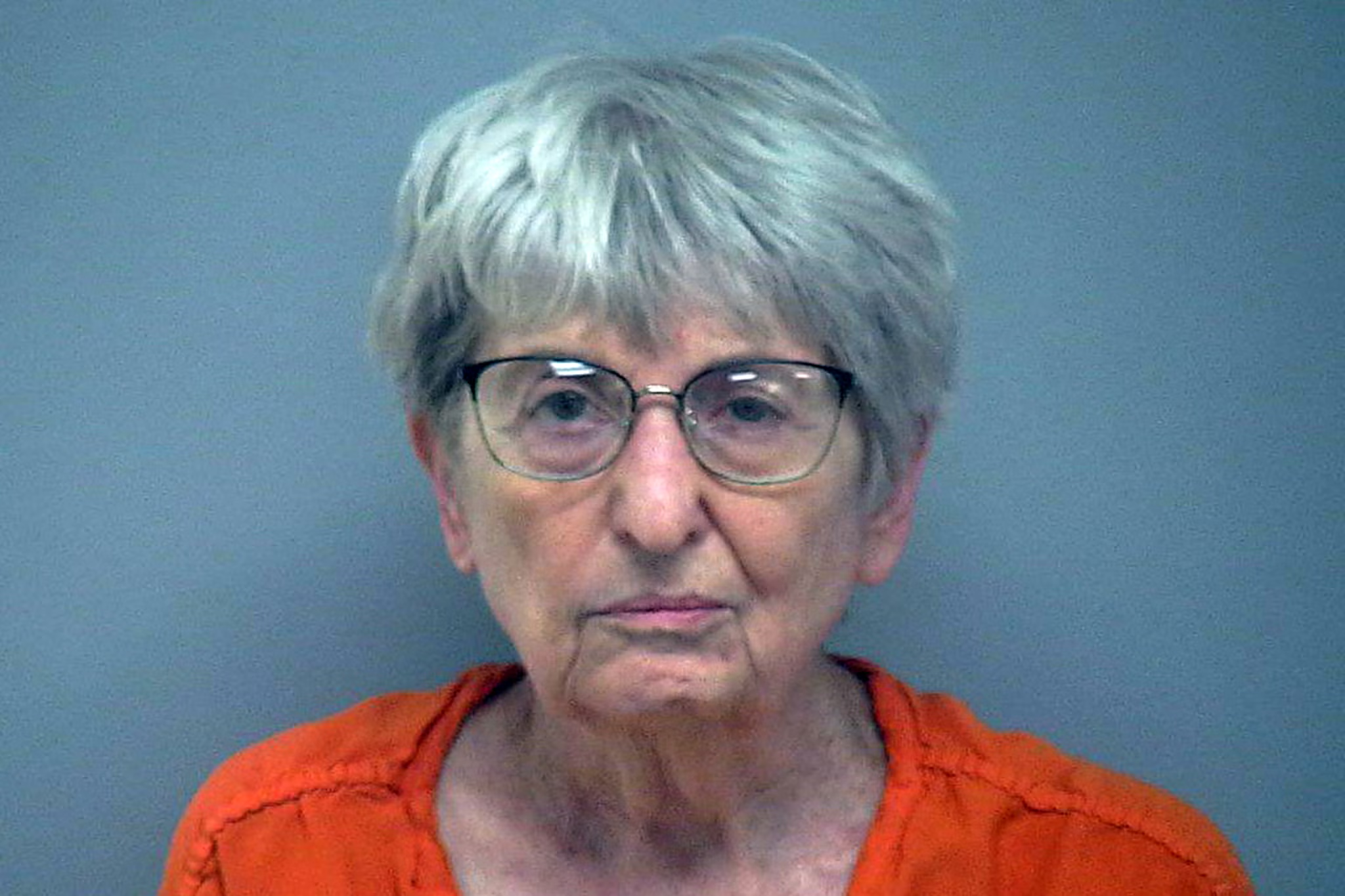
What’s It Like To Be An Abortion Provider? An Interview.
I’m pretty vehemently pro-choice, but I’ve never had an abortion or known a close friend who has so I’ve always felt really removed from the vitriol of pro/con arguments. There’s so much public fervor and heated (read: exaggerated) dialogue about what abortion really is, that I realized I really don’t know what happens in real world language. I reached out to Planned Parenthood who had their senior director of medical services, Dr. Deborah Nucatola, answer some questions that can help us understand in non-sensationalized words what her job is really about.
What is your day-to-day like in your job?
It’s probably just like the day to day of any health care provider. On days when I see patients, I get to work a little while before my first patient is ready. The whole health center team huddles to review the schedule, the staff assignments, and anything else we need to be aware of. I usually see between 15 and 25 patients in a typical day, for a variety of reasons, not just ending a pregnancy. A woman could have a birth control implant or IUD that needs to be removed or replaced. Some women are done having children and are sure they want permanent contraception. Others are looking to me to help them make an educated decision about which birth control method might be best for them.
Birth control methods are not one-size-fits-all–a method that’s perfect for one woman may not be right for another. So I talk with women about all their birth control options, and give them information so they can make an informed decision about which one is best for them.
It’s amazing how so many people have so little information about birth control. So many people think that the only methods available to them are condoms or the pill. Every patient is trying to do what is best for them and their family. And so I try to help them do just that. Different patients have different plans for their lives–if they want kids, when they want kids–and that really influences what my conversation with each patient will be.
In terms of my abortion patients–I know that abortion is a deeply personal and often complex decision, and we carefully counsel each woman on all of her options. The patients I see experience a wide range of emotions before and after an abortion. That’s very normal. Some want to talk, others are very private. Some are very appreciative and others are very obviously having a bad day, and you can’t blame them.
There really is no typical day, or typical patient–every person I see is different and that’s one of the things that keep my work interesting. I just try to be as positive and supportive as I can for each of them in the way that’s most helpful for them.
What are some things you’ve learned in your line of work?
One thing I’ve learned is that no one ever plans to have an abortion.
Or to ever be in a situation where they might want or need to consider having an abortion. I think that’s one reason why we’ve seen so many laws restricting abortion in the last few years: people don’t put themselves in that hypothetical situation and wonder what they would do if they were faced with an unintended pregnancy. Or with a desired pregnancy that ends up having severe abnormalities or complications. So people underestimate the need for continued access to safe and legal abortion.
What is a big misconception people have about what you do?
Patients will often ask me why I became an abortion provider, and I explain that I didn’t plan my path in life to become an abortion provider. Rather, I became an Obstetrician Gynecologist because I wanted to take care of women–through all the phases of their reproductive life, whether or not they ever decided to have children.
Abortion is just one of the many things that I do as an Ob/Gyn. I do think it’s a critical part. I believe that if your goal is to provide health care for women, you’ve got to provide the whole range of services that a woman might need. The further along I went in my training, the more I realized that there are a lot of doctors who don’t feel that way. As a result, there is a real shortage of abortion providers in this country. So abortion just started to take up more and more of my time.
In my experience, my colleagues who provide abortion are concerned, skilled people who believe deeply in the health, well-being, and dignity of women. And they put that trust and care for women into the work they do every day.
In a perfect world, we could make sure every woman who needed effective contraception got it, before she had sex, and there would be no more unintended pregnancies–and that would be great. But it still wouldn’t eliminate the need for abortion. There would still be women whose lives or health are put at risk by being forced to continue a pregnancy. There would still be women who experience the loss of a pregnancy, or who are diagnosed with heartbreaking pregnancy complications.
I believe every woman deserves the right to decide–along with her family, her faith, and the counsel of her health care provider–whether to choose adoption, end a pregnancy, or raise a child. All women should be able to get the care they need without having to jump through hurdles imposed upon them by people who don’t care enough to put themselves in someone else’s shoes.
Do you have moral or ethical qualms about abortion?
Qualms, no. I think providing abortion to a woman who requests it is the moral and ethical thing to do.
I trust that women are capable of deciding what is best for them and their families. And if a woman decided that ending a pregnancy was the best thing for her, and I refused, well, I think that would be unethical.
As I said, abortion is a deeply personal and often complex decision for a woman. I don’t believe you–or a politician or anyone else–can make that decision for someone else. And most people in this country feel the same way–they agree that abortion should remain safe and legal for a woman to consider if or when she needs it.
Lastly, what do you think readers should know about abortion or Planned Parenthood in particular?
I would like people to know that abortion is safe. Legal abortion is one of the safest medical procedures in the United States. For women who have made the decision to end their pregnancy, it was the best decision for them, the moral and ethical choice for them. It’s not a black and white issue–we don’t know a woman’s specific situation. We’re not in her shoes.
At Planned Parenthood, we believe strongly in making sure women have access to safe and legal abortion. We work every day to reduce the number of unintended pregnancies and to keep women healthy. Planned Parenthood provides a broad range of services, including lifesaving cancer screenings, birth control, prevention and treatment of STDs, breast health services, Pap tests, sex education, information, and health counseling. One in five women in the U.S. has turned to Planned Parenthood at some time in her life for professional, non-judgmental and confidential care. I’m proud to be a part of this organization’s work helping people lead healthier lives. ![]()











